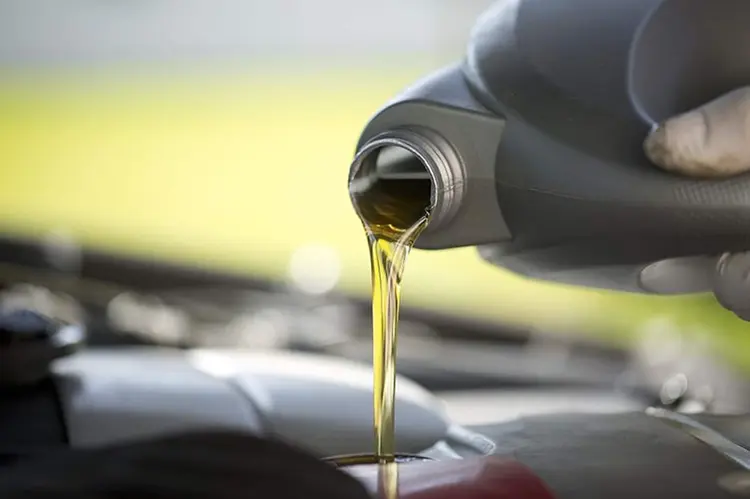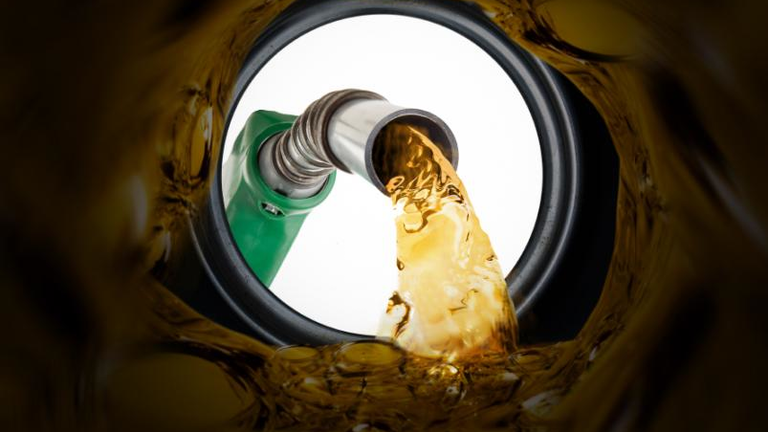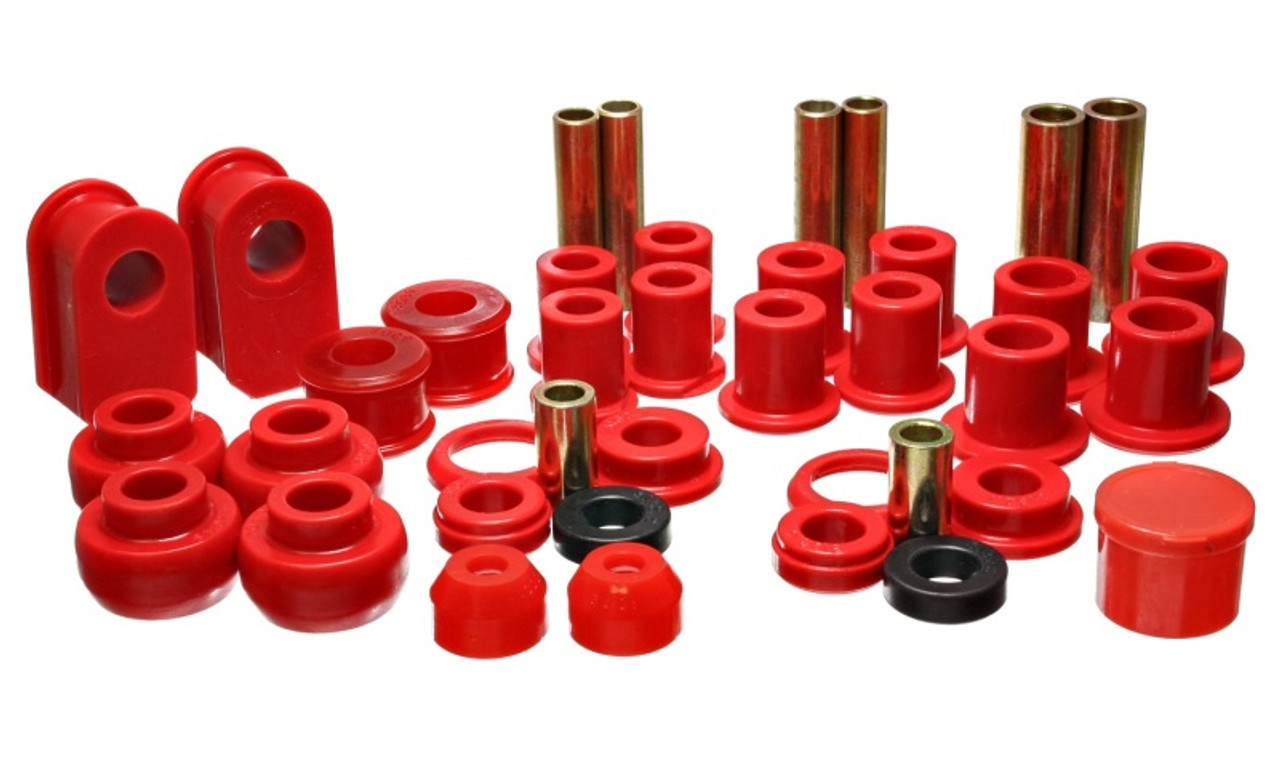When diesel fuel gets hot, it expands, can vaporize slightly, and becomes less viscous. However, higher temperatures can lead to degradation and oxidation, potentially causing clogs and engine issues.
Moreover, diesel engines might experience problems with combustion efficiency and emissions. While less volatile than gasoline, diesel fuel can still ignite at high temperatures. Fuel containers can also expand, stressing their integrity. Proper storage and maintenance are crucial to prevent these issues.
What’s the impact of heat on diesel fuel expansion and vaporization?
In the realm of fuel dynamics, the intricate relationship between heat and diesel fuel unveils a fascinating interplay of expansion and vaporization.
Diesel Fuel’s Response to Temperature Increase:
When diesel fuel is exposed to heat, its molecular activity increases. This leads to thermal expansion, causing the fuel to take up more space within the container it’s held in.
Moreover, the expansion is a result of the fuel molecules gaining kinetic energy and moving more vigorously.
In addition, it’s crucial to consider the material and design of the storage containers to accommodate this expansion without causing structural issues or leaks.
Effects of Expansion on Storage Containers and Tanks:
The expansion of diesel fuel due to heat can exert pressure on storage containers and tanks.
However, if these containers are not built to handle this pressure, there’s a risk of deformation or even rupture. This can result in leaks, fuel spillage, and potential environmental hazards.
Moreover, it’s essential to use properly designed containers and ensure that they can withstand the expansion without compromising their integrity.
Potential for Vaporization and Formation of Vapors:
While diesel fuel is less volatile than gasoline, it still contains components that can vaporize when exposed to higher temperatures. Furthermore, vaporization leads to the release of vapors that can be flammable or combustible under the right conditions.
Moreover, these vapors can accumulate in enclosed spaces, posing a fire hazard. Although diesel fuel has a higher flash point than gasoline, precautions should still be taken to avoid the accumulation of vapors, especially in confined areas.
How does heat affect diesel fuel viscosity?

As temperatures rise, the influence of heat on diesel fuel becomes palpable, notably altering its viscosity and triggering a cascade of implications for engine performance and efficiency.
Impact of Heat on Diesel Fuel Viscosity:
Viscosity refers to the thickness or fluidity of a liquid. As diesel fuel heats up, its viscosity decreases.
Moreover, this means that the fuel becomes less resistant to flow and flows more easily. The reduction in viscosity is due to the weakening of intermolecular forces within the fuel molecules.
Additionally, lower viscosity can affect how the fuel interacts with engine components like injectors and nozzles.
significance for Combustion Efficiency in Engines:
Diesel engines rely on the precise injection of fuel into the combustion chamber. The change in viscosity can impact this process.
When the fuel is less viscous, it might disperse differently upon injection, potentially affecting fuel-air mixing and combustion efficiency.
Moreover, engine designers and operators need to consider how changing viscosity might influence the engine’s performance, emissions, and overall combustion process.
Adjustments to injector timing and other parameters might be necessary to optimize performance.
What are the effects of heat on diesel fuel degradation and oxidation?
In the heat’s embrace, diesel fuel undergoes a transformative journey, as degradation and oxidation processes are set in motion, potentially compromising fuel quality and engine functionality.
Accelerated Chemical Reactions due to Higher Temperatures:
Heat accelerates the rate of chemical reactions, including oxidation, within diesel fuel. Oxidation involves the reaction of fuel molecules with oxygen from the air.
When diesel fuel is exposed to higher temperatures, this process speeds up, leading to the formation of various compounds.
Moreover, these compounds can alter the fuel’s properties and potentially impact its stability and performance.
Formation of Compounds Affecting Fuel Stability:
The oxidation process at elevated temperatures results in the formation of new compounds, such as peroxides and acids.
In addition, these compounds can contribute to fuel degradation by promoting the breakdown of hydrocarbon chains and other fuel components.
As a result, the fuel’s stability can be compromised, leading to issues like color changes, foul odors, and reduced shelf life.
Consequences like Sediments, Deposits, and Filter/Injector Issues:
Oxidation products can lead to the formation of sediments and deposits within the fuel. These particles can clog filters, injectors, and other components of fuel delivery systems in engines.
Additionally, this can disrupt the flow of fuel and affect the atomization of fuel during injection, leading to reduced combustion efficiency, increased emissions, and decreased engine performance.
How does heat impact diesel engine performance?
The impact of heat on diesel engine performance is profound, influencing combustion efficiency, power output, and overall operational integrity,
Altered Combustion Properties:
Diesel fuel’s properties, such as viscosity, volatility, and energy content, play a critical role in the combustion process within diesel engines.
Moreover, changes in fuel properties due to heat can alter the way fuel is atomized, mixed with air, and ignited. This can affect combustion efficiency, power output, and emissions.
Implications for Injection Process and Emissions:
Diesel engines rely on precise fuel injection for efficient combustion. When fuel properties change with temperature, the injection process can be affected.
Moreover, this might result in incomplete combustion, leading to the production of unburned hydrocarbons and particulate matter. Engine control systems need to be adjusted to accommodate variations in fuel properties to maintain optimal emissions performance.
Risks of Improper Combustion and Engine Knocking:
Altered fuel properties can lead to improper combustion, characterized by uneven burning of fuel. This can cause “knocking” or “pinging” in the engine, where uncontrolled combustion of fuel-air mixture creates pressure waves that lead to audible noises and potential mechanical damage.
Moreover, proper fuel quality and consistent combustion properties are essential to avoid knocking, which can harm the engine over time.
What are the ignition risks of high temperatures on diesel fuel and safety?

Within the realm of diesel fuel safety, the hazards of high temperatures loom large, posing ignition risks that underscore the need for vigilant precautions and a comprehensive understanding of thermal thresholds
Comparing Diesel Fuel’s Ignition Properties with Gasoline:
Diesel fuel has a higher flash point and autoignition temperature compared to gasoline. The flash point is the temperature at which fuel vapors can ignite when exposed to an open flame.
While the autoignition temperature is the temperature at which fuel can spontaneously ignite without a spark or flame.
Moreover, diesel’s higher flash point and autoignition temperature make it less prone to ignition compared to gasoline. This property contributes to diesel’s safer handling, especially in terms of minimizing the risk of accidental ignition.
FAQs
How does diesel fuel react to heat?
Diesel fuel expands, becomes less viscous, and can undergo chemical changes, potentially affecting its stability and combustion properties.
Can diesel fuel ignite when it gets hot?
Yes, while diesel fuel has a higher ignition temperature than gasoline, extreme heat and confined spaces can lead to vapor accumulation and a fire risk.
How does heat impact diesel engine performance?
Heat can alter fuel combustion properties, affecting efficiency and emissions. Improper combustion due to changed fuel characteristics can lead to engine knocking.
Does diesel fuel’s ignition risk increase with temperature?
While diesel fuel is less prone to ignition than gasoline, the accumulation of vaporized fuel in high-temperature environments can increase the risk of ignition.
How does heat affect fuel storage and safety practices?
Heat emphasizes the need for proper storage, ventilation, and container design to prevent pressure buildup, vaporization, and potential ignition hazards.
Can heat cause diesel fuel to clog filters and injectors?
Yes, the oxidation of diesel fuel under heat can lead to the formation of particles that clog filters and injectors, disrupting fuel flow and combustion.
Conclusion
In conclusion, the behavior of diesel fuel when exposed to heat is a complex interplay of physical, chemical, and safety considerations.
From expansion and viscosity changes to degradation, combustion effects, and container integrity, the effects of heat on diesel fuel are multifaceted and can impact both storage and engine performance.
Recognizing the potential for expansion and vaporization underscores the importance of proper storage containers and ventilation to prevent pressure buildup and the accumulation of flammable vapors.
In addition, the acceleration of chemical reactions due to higher temperatures leads to fuel degradation and the formation of compounds that can compromise fuel stability and engine performance.
In the realm of diesel engines, altered combustion properties resulting from changing fuel characteristics necessitate adjustments to maintain efficiency and emissions control.
Finally, the risks of improper combustion and engine knocking highlight the importance of consistent fuel quality and careful management of temperature-related variations.















